exclusive
British doubles guru Louis Cayer on his approach to tennis coaching
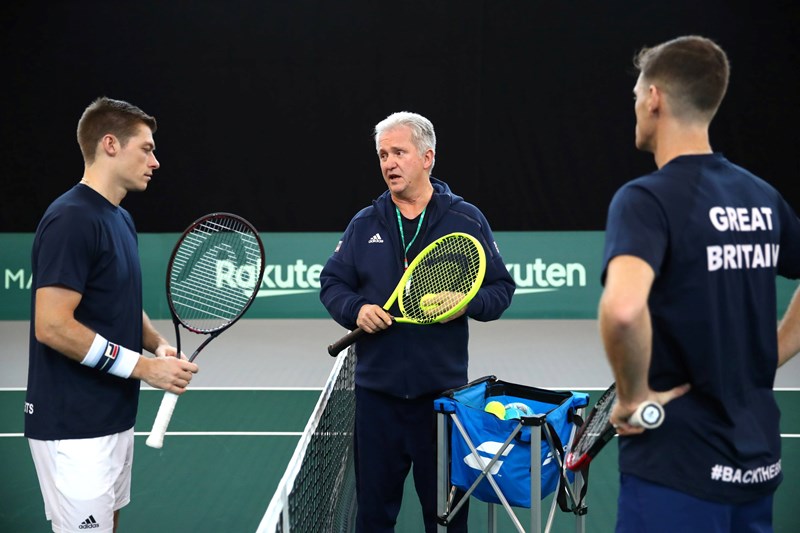
Louis Cayer has been at the forefront of an explosion in British doubles over recent years. Great Britain is one of the powerhouses in men’s doubles at the moment, with four players inside the top 30 and two in the top three – world No.1 Joe Salisbury and No.3 Neal Skupski, both playing against each other in the final of the US Open – and Cayer has been one of the driving forces behind this success in his role as Senior Performance Advisor at the LTA.
When Cayer joined the LTA in 2007 there were no doubles players inside the top 100 and his influence working with the players on tour and at the Davis Cup has been second to none. We sat down with the main man himself to chat about all things coaching, his approach, experiences and his advice for aspiring coaches.
What drives and motivates you in your career?
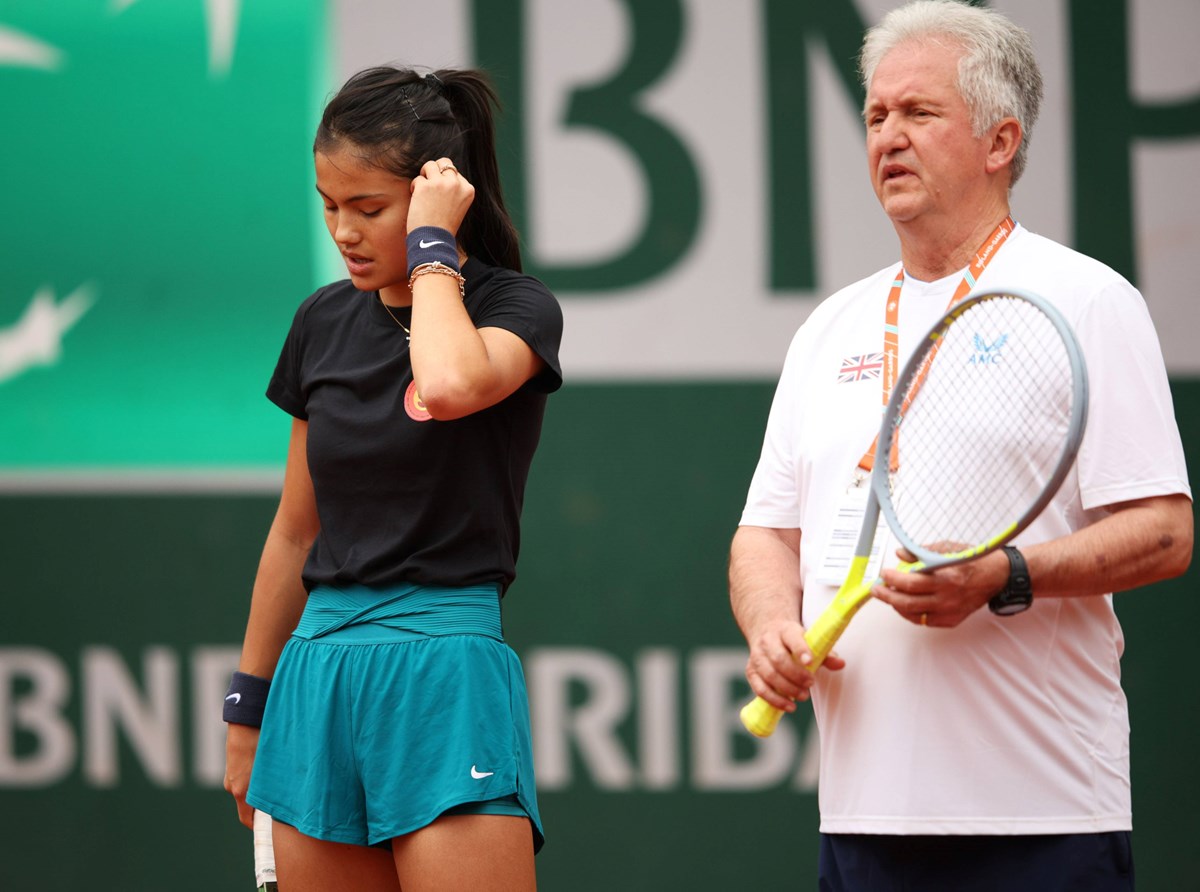
I don’t think I need much motivation – for me it’s not a matter of motivation, it’s just who I am.
I have two professional passions in life – coaching players and coaching coaches. I’ve done that all my life, seven months on tour with players and four months at coaching certification and conferences.
For me to be happy, I need to get up in the morning feeling that I will contribute to someone or something.
I have three main values:
- Love: as this makes life meaningful
- Contribution: making a difference in someone’s life. As a coach we can impact people with life values and helping them to reach their dreams.
- Self-growth’. In coaching you never stop learning and you can never know everything about it so it’s more about the journey rather than the destination.
You started off at a park venue – at what point did you make the decision to move to high-performance?
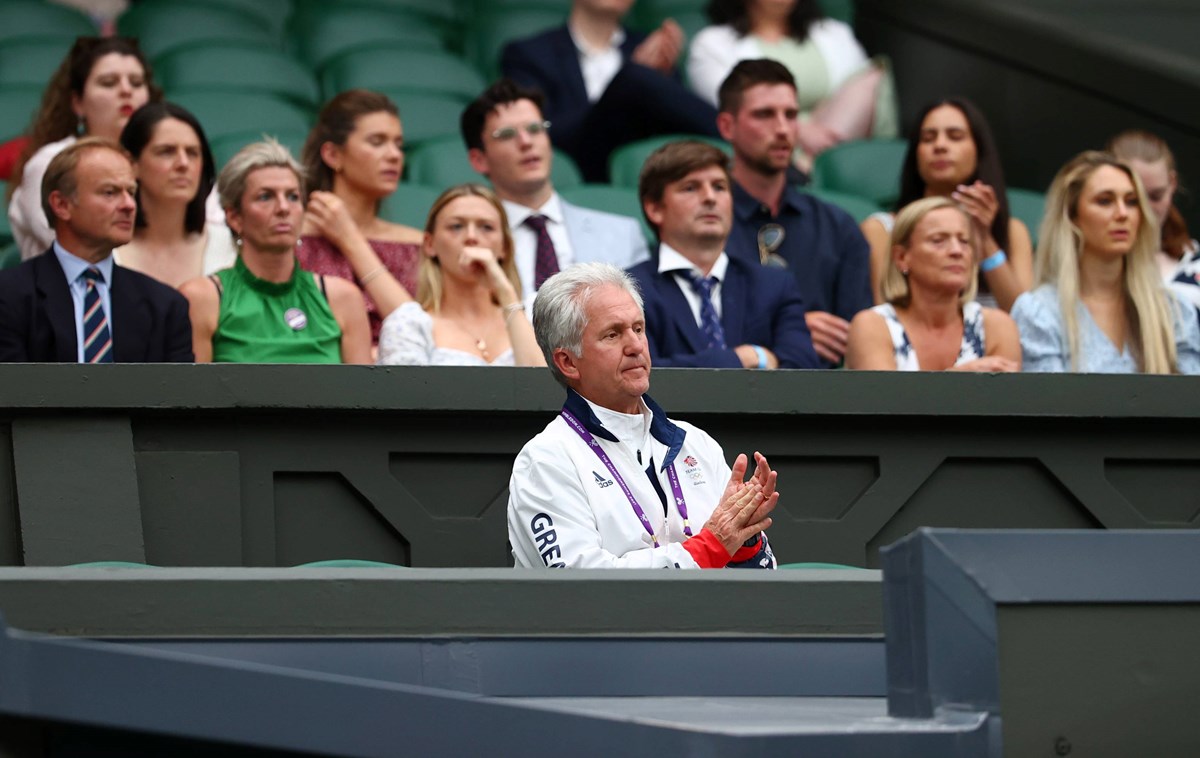
It was a gradual process – I was involved with a sort of high performance programme from the age of 17.
First, I worked at a park venue in Montreal, which won the local competition out of 22 other venues in the city – from there I was then promoted to run the Montreal City Park Elite Players programme.
Then at 24, I became head pro of the largest indoor club in Canada and I chose to run a junior Academy where we trained from 6:30-8:00am and 4:00-6:00pm, while playing loads of matches during weekends. This programme went well with several number one juniors, but I wanted to explore more and go on the tour to see if I could make a difference.
I signed a contract with four Canadian ATP professional players ranked around 200 and it went well quickly – Glenn Michibata and Grant Connell became one of the best doubles teams in the world and their singles rankings also rose to around the top 50. And I haven’t stopped since then… I moved from private coaching to Federation coaching, becoming in 1989 Canadian Davis Cup coach and Captain until 2000 and now I’ve been working with the GB Davis Cup team since 2007.
The biggest challenge was the decision to turn away from all the money earned at the private sector for a potential low income on tour (as I was on a 10% commission which would I gave me 30% of my income if they had earned same prize money). But in the end, the gamble paid off as their ranking / income went really up and I felt excited with the progress.
In your opinion, what makes a good coach?
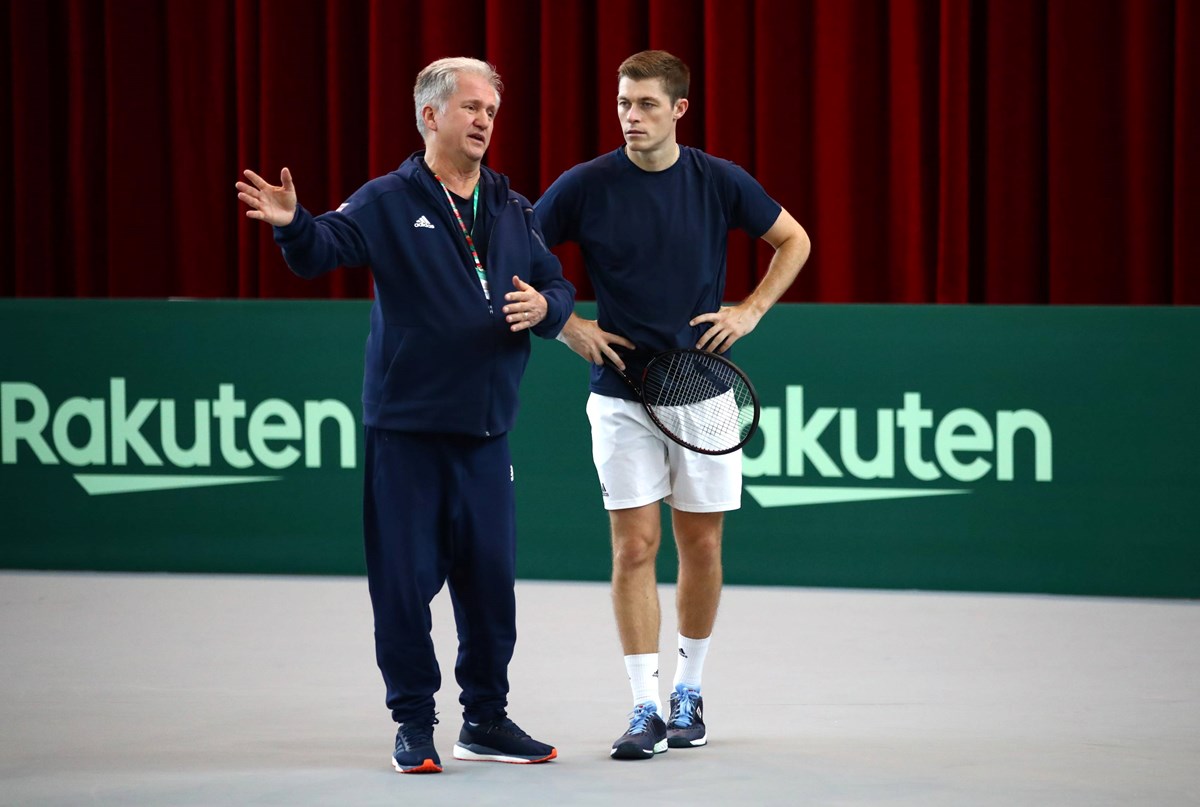
First of all, I consider that any great champion like Andy Murray, it’s simply about who he is – it’s same for a coach. A coach needs to be like the player i.e. committed, obsessed, hardworking, strive to always improve and confident.
Professionally we have to fulfil different professional roles of teaching, drilling, match play feedback, management, as well as all the peripheric roles of being a companion, etc.
We inform, form, transform. Inform is knowledge given; form is developing automatic competencies and most important is to transform, the coach’s ability to modify if necessary, the player’s identity, impart new beliefs, develop values, work on their attitude, mindset and mental skills. In my opinion if you can’t transform players, then you can be still a good tactical-technical coach, but you may miss opportunities in developing a performer, or a champion.
Finally, I think it’s very easy to improve players, but to develop players is very difficult. Planning over few years to develop the athlete and their head/heart as well as individualising their tactical and technical skills is challenging.
How do you build trust with players?
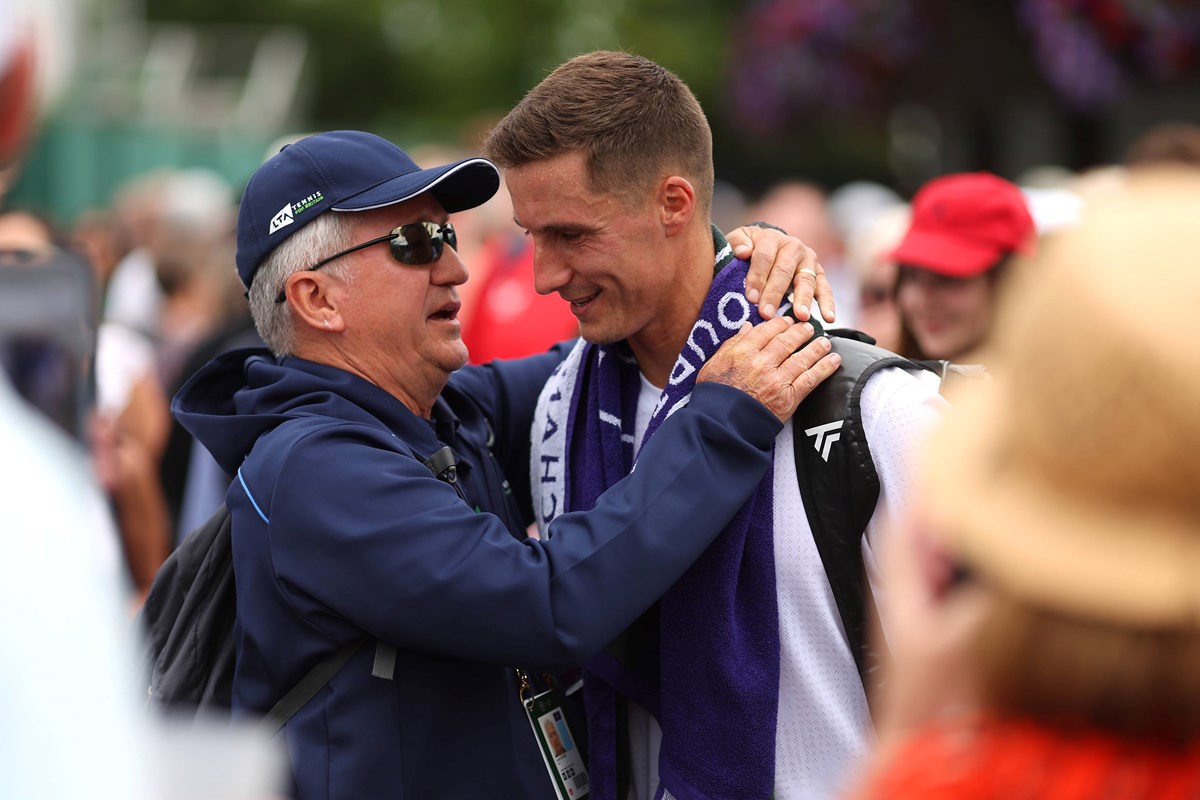
When I start coaching with someone, I always work on the easiest thing first – never the biggest problem. This helps to get immediate success and straight away they think ‘oh that guy is great’ because you’ve fixed something.
Now I have a bit more, it is called reference power where, because of my background, players tend to trust me more right away, so it’s mine to lose. But when I started here in the UK I used to always travel around with a laptop full of video and stats. I couldn’t just say ‘trust me’, I had to back it up with facts.
Even in the beginning with Jamie (Murray), he didn’t believe after a good return that a receiver’s partner shouldn’t protect the tramlines until beaten three times by same player. So, not having facts to back it up, I used a testimony instead. Daniel Nestor (one of best doubles’ players of all time) told him that he never got beat three times in the tramline and it is about having the opponent trying low percentage shots that you win matches. After that, all was fine.
What are the key bits of advice you give to coaches?
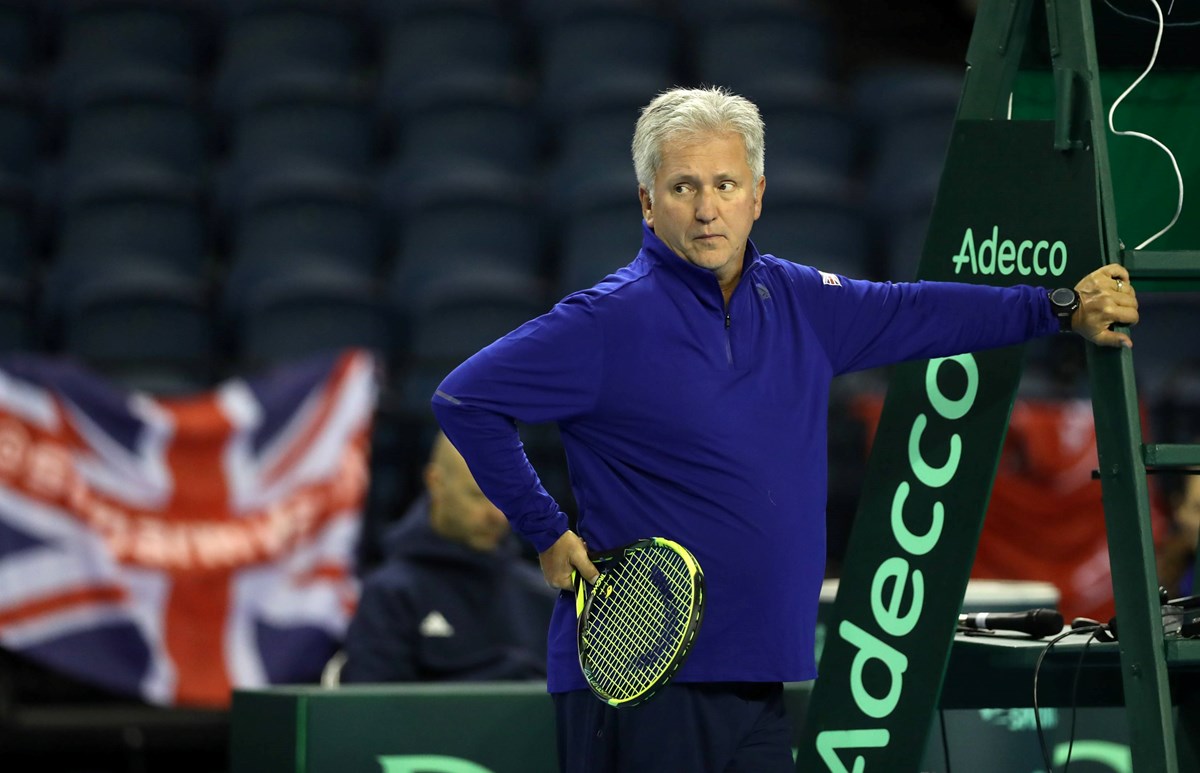
I have three pieces of advice related with to your players: care, believe, non-stop improvement.
If you want to be a high-performance coach, then players have to really feel that you care. People care about what you know when they know that you care about them. If at the beginning you’re not sure on how to do that, just try to look at developing some smaller habits that just show that you care – ‘how are you today? What would you like to achieve together? What’s your opinion?’
You have to believe in your player, if you don’t, it will show. You will rarely hear me say ‘try this’, I just tell them to do it – I can already see them doing it in my mind. Every player I coach knows that I will never ask them to do something they cannot do, which helps build that trust.
The player always must feel that they are improving, so you need to plan the journey with them. They have to feel that you have a vision and that every time they reach a level, that you have objectives for the next level. You can manipulate drills with scoring, the movement required, the difficulty of the ball received or sent to challenge your player and make them feel they are improving constantly.
Interested in becoming a tennis coach?
Find our more about our coaching qualifications and how to become an LTA Accredited Coach.
